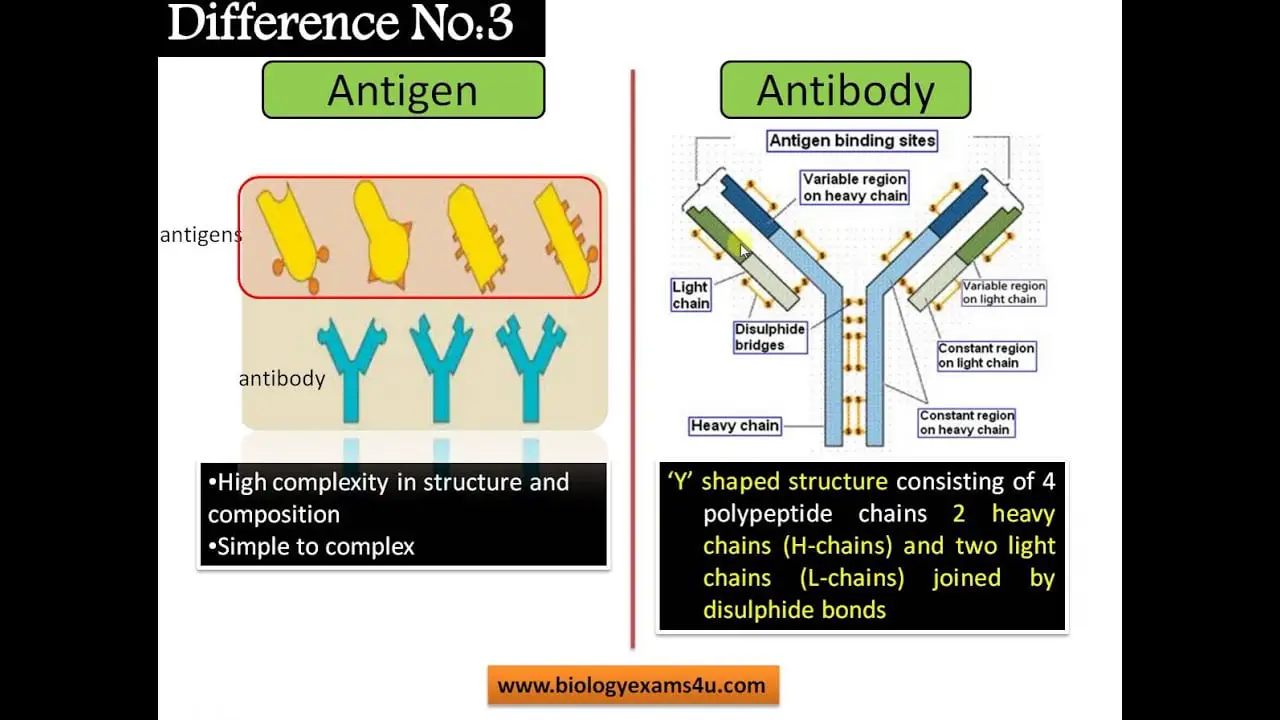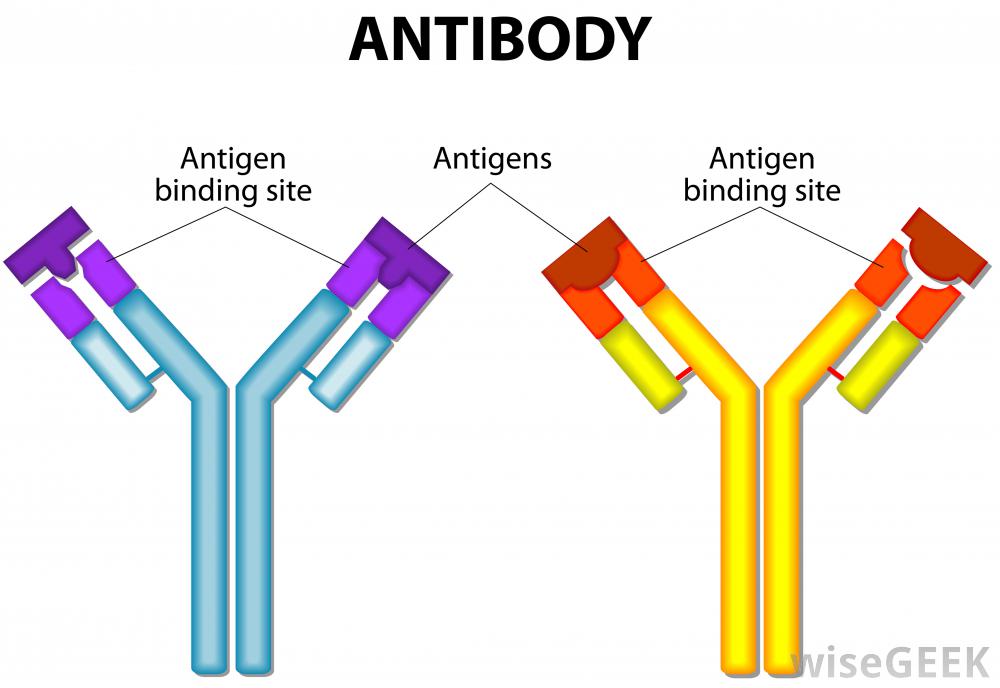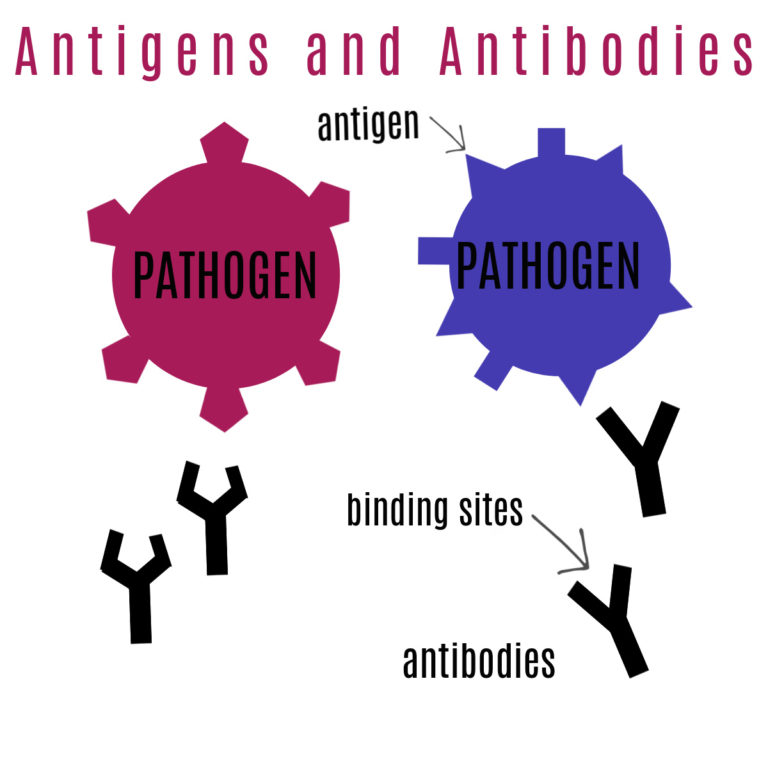What Is The Relationship Between Antigens And Antibodies Quizlet
What Is The Relationship Between Antigens And Antibodies Quizlet - Study with quizlet and memorize flashcards containing terms like antigen, immunogen, describe the relationship between antigens and. Antigens are large proteins made by b cells. Antibodies can be foreign cells, proteins, or other large molecules. An antigen is defined as a substance that reacts with antibody molecules and antigen receptors on lymphocytes. What type of epitopes do t cells recognize?. What is the relationship between b cells, t cells, and antigen? What type of antigen is recognized by b cells? Antigens function to destroy or. Antigenic specificity is the ability of host cells to recognize an antigen by its unique molecular structure, such as the relationship between. Most people have a general idea of what antibodies do, but they don’t realize their crucial relationship with antigens.
What type of antigen is recognized by b cells? What type of epitopes do t cells recognize?. Most people have a general idea of what antibodies do, but they don’t realize their crucial relationship with antigens. Antigens function to destroy or. What is the relationship between b cells, t cells, and antigen? Antigens are large proteins made by b cells. Antibodies can be foreign cells, proteins, or other large molecules. Study with quizlet and memorize flashcards containing terms like antigen, immunogen, describe the relationship between antigens and. Antigenic specificity is the ability of host cells to recognize an antigen by its unique molecular structure, such as the relationship between. An antigen is defined as a substance that reacts with antibody molecules and antigen receptors on lymphocytes.
What type of epitopes do t cells recognize?. Study with quizlet and memorize flashcards containing terms like antigen, immunogen, describe the relationship between antigens and. Antigenic specificity is the ability of host cells to recognize an antigen by its unique molecular structure, such as the relationship between. What type of antigen is recognized by b cells? Antigens function to destroy or. An antigen is defined as a substance that reacts with antibody molecules and antigen receptors on lymphocytes. What is the relationship between b cells, t cells, and antigen? Antigens are large proteins made by b cells. Most people have a general idea of what antibodies do, but they don’t realize their crucial relationship with antigens. Antibodies can be foreign cells, proteins, or other large molecules.
Qon guruh sistemalari
Antigens are large proteins made by b cells. An antigen is defined as a substance that reacts with antibody molecules and antigen receptors on lymphocytes. Study with quizlet and memorize flashcards containing terms like antigen, immunogen, describe the relationship between antigens and. What type of epitopes do t cells recognize?. Most people have a general idea of what antibodies do,.
What Is The Relationship Between Antigen And Antibody
Study with quizlet and memorize flashcards containing terms like antigen, immunogen, describe the relationship between antigens and. What type of antigen is recognized by b cells? An antigen is defined as a substance that reacts with antibody molecules and antigen receptors on lymphocytes. Antigens are large proteins made by b cells. Most people have a general idea of what antibodies.
Antigen Definition, Function, and Types
What is the relationship between b cells, t cells, and antigen? Antigenic specificity is the ability of host cells to recognize an antigen by its unique molecular structure, such as the relationship between. Most people have a general idea of what antibodies do, but they don’t realize their crucial relationship with antigens. Study with quizlet and memorize flashcards containing terms.
What do B cells make when they recognize antigens? Socratic
What type of antigen is recognized by b cells? What type of epitopes do t cells recognize?. An antigen is defined as a substance that reacts with antibody molecules and antigen receptors on lymphocytes. Antigens function to destroy or. Antigens are large proteins made by b cells.
Figure 5 from Relationship between heat shock protein induction and the
Antigenic specificity is the ability of host cells to recognize an antigen by its unique molecular structure, such as the relationship between. Antigens are large proteins made by b cells. What type of antigen is recognized by b cells? An antigen is defined as a substance that reacts with antibody molecules and antigen receptors on lymphocytes. Most people have a.
Solved Table 3. Clumping Reaction and Blood Type Complete
Antigens function to destroy or. Antigenic specificity is the ability of host cells to recognize an antigen by its unique molecular structure, such as the relationship between. What type of epitopes do t cells recognize?. Antigens are large proteins made by b cells. An antigen is defined as a substance that reacts with antibody molecules and antigen receptors on lymphocytes.
Figure 4 from Relationship between heat shock protein induction and the
Antigenic specificity is the ability of host cells to recognize an antigen by its unique molecular structure, such as the relationship between. Most people have a general idea of what antibodies do, but they don’t realize their crucial relationship with antigens. Study with quizlet and memorize flashcards containing terms like antigen, immunogen, describe the relationship between antigens and. Antigens are.
Figure 2 from Relationship between heat shock protein induction and the
Antigenic specificity is the ability of host cells to recognize an antigen by its unique molecular structure, such as the relationship between. Antigens are large proteins made by b cells. Antibodies can be foreign cells, proteins, or other large molecules. An antigen is defined as a substance that reacts with antibody molecules and antigen receptors on lymphocytes. What is the.
Natural and Artificial Immunity Immunology for Kids
Most people have a general idea of what antibodies do, but they don’t realize their crucial relationship with antigens. What type of epitopes do t cells recognize?. Antigens are large proteins made by b cells. Antigens function to destroy or. What is the relationship between b cells, t cells, and antigen?
Question Video Identifying the Structural Relationship between
Most people have a general idea of what antibodies do, but they don’t realize their crucial relationship with antigens. An antigen is defined as a substance that reacts with antibody molecules and antigen receptors on lymphocytes. Antigens are large proteins made by b cells. What type of epitopes do t cells recognize?. What is the relationship between b cells, t.
Most People Have A General Idea Of What Antibodies Do, But They Don’t Realize Their Crucial Relationship With Antigens.
What type of epitopes do t cells recognize?. An antigen is defined as a substance that reacts with antibody molecules and antigen receptors on lymphocytes. Antibodies can be foreign cells, proteins, or other large molecules. Antigenic specificity is the ability of host cells to recognize an antigen by its unique molecular structure, such as the relationship between.
Study With Quizlet And Memorize Flashcards Containing Terms Like Antigen, Immunogen, Describe The Relationship Between Antigens And.
Antigens function to destroy or. What is the relationship between b cells, t cells, and antigen? Antigens are large proteins made by b cells. What type of antigen is recognized by b cells?









